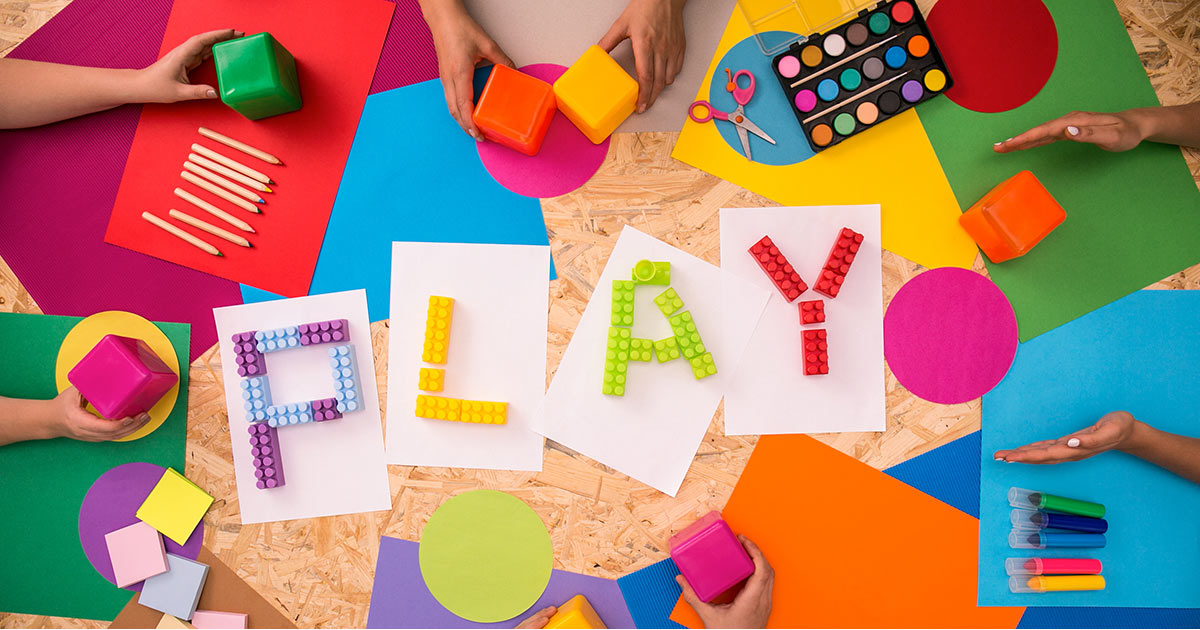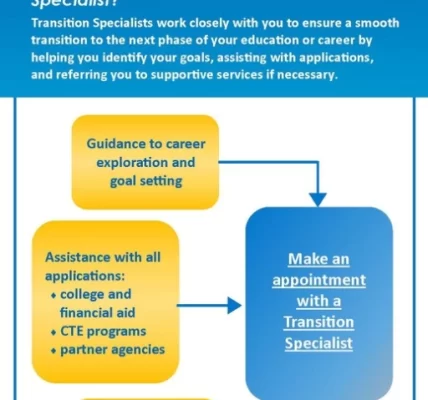In the colorful realm of preschool education, play is not just a pastime; it is a powerful tool for learning and development. Play-based learning, with its emphasis on exploration, creativity, and imagination, is recognized as a cornerstone in early childhood education. Let’s delve into the enchanting world of play-based learning and explore the transformative impact it has on the holistic development of young minds.
**1. Learning Through Exploration:**
Play provides preschoolers with a natural and enjoyable way to explore the world around them. Whether it’s building with blocks, digging in a sandbox, or creating with art materials, the hands-on nature of play fosters curiosity and a love for discovery.
**2. Development of Social Skills:**
Engaging in play with peers encourages the development of social skills. Through collaborative activities, children learn to share, take turns, communicate, and negotiate—essential skills that lay the foundation for positive social interactions in the future.
**3. Language Development:**
Play is a rich context for language development. Whether engaged in imaginative play, storytelling, or group activities, preschoolers naturally enhance their vocabulary, communication skills, and comprehension. Play creates an environment where language is not just a tool but a source of joy and expression.
**4. Fine and Gross Motor Skills:**
From the precision of holding a paintbrush to the coordination required in building a tower of blocks, play-based activities contribute to the development of fine and gross motor skills. These physical skills are crucial for later academic success and overall well-being.
**5. Cultivation of Creativity:**
In the world of play, imagination takes center stage. Whether pretending to be superheroes, inventing fantastical stories, or expressing themselves through art, preschoolers are encouraged to unleash their creativity. This cultivation of creativity lays the groundwork for innovative thinking in the years to come.
**6. Emotional Regulation:**
Play provides a safe space for children to navigate and understand their emotions. Through role-playing scenarios, storytelling, and interactions with peers, preschoolers learn to express, manage, and understand their feelings, fostering emotional intelligence.
**7. Problem-Solving Skills:**
Play often involves overcoming challenges and solving problems. Whether it’s figuring out how to fit puzzle pieces together or resolving conflicts during group play, preschoolers naturally develop problem-solving skills as they engage in play-based activities.
**8. Foundation for Academic Readiness:**
Play-based learning is not separate from academic readiness; it is the foundation on which academic skills are built. The cognitive skills honed during play, such as attention, memory, and logical reasoning, contribute to a child’s readiness for formal education.
**9. Joyful Approach to Learning:**
The sheer joy and enthusiasm that accompany play make learning a positive and enjoyable experience. When learning is fun, children develop a positive attitude toward education, setting the stage for a lifelong love of learning.
**10. Individualized Learning:**
Play allows for individualized learning experiences, catering to the unique interests and strengths of each child. Whether a child is drawn to building, storytelling, or artistic endeavors, play-based learning accommodates diverse learning styles.
In conclusion, play-based learning is not just a delightful interlude in early childhood; it is the very fabric through which young minds weave the foundation of their future selves. By recognizing the power of play in preschool education, we celebrate the innate curiosity, creativity, and resilience of children, fostering a holistic approach to learning that extends far beyond the confines of the classroom.













